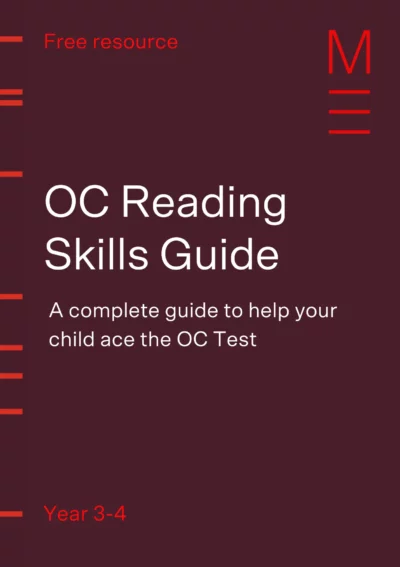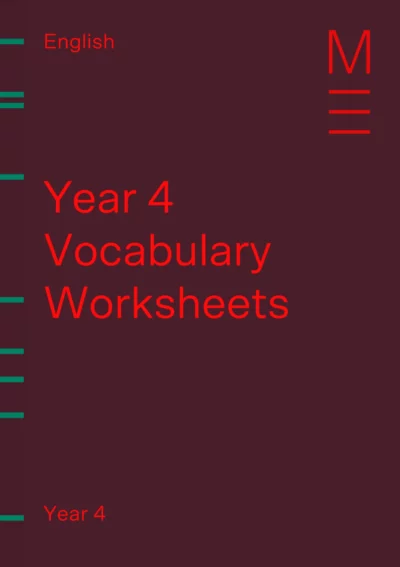Welcome to Matrix Education
To ensure we are showing you the most relevant content, please select your location below.
Select a year to see courses
Learn online or on-campus during the term or school holidays
Learn online or on-campus during the term or school holidays
Learn online or on-campus during the term or school holidays
Learn online or on-campus during the term or school holidays
Learn online or on-campus during the term or school holidays
Learn online or on-campus during the term or school holidays
Learn online or on-campus during the term or school holidays
Get HSC Trial exam ready in just a week
Get HSC exam ready in just a week
Select a year to see available courses
Science guides to help you get ahead
Science guides to help you get ahead
Did you know that reading is the most important skill for the Opportunity Class test?

Join 75,893 students who already have a head start.
"*" indicates required fields

Join 8000+ students each term who already have a head start on their school academic journey.
Do you want your child to ace the Opportunity Class Test? This article will look at some reading habits that your child can use to prepare for the OC Test.
If you want to learn more about the OC Test, you can find details on the NESA website, or you can read our OC Test guide, here.
Many primary students struggle with the OC Test because they lack essential reading skills. This guide will provide you with five important tips to help improve your child’s reading habits and conquer the OC Test!
Explore expert tips to improve comprehension, speed, and accuracy. Fill out your details below to get this resource emailed to you. "*" indicates required fields
Get your FREE OC Reading Skills Guide

Get your FREE OC Reading Skills Guide
For the OC Test, strong reading and comprehension skills are integral to the:
Why are strong reading skills important for the Reading Section? The answer is in the name! While undertaking this section, your child will encounter a range of texts where they will be asked to analyse and interpret key meanings, words and ideas.
Get your child to read regularly so they get familiar with these concepts and sure enough, they’ll be able to tackle this section with all guns blazing!
Now, you’re probably thinking, “what does reading have to do with maths?”. Well, funnily enough, your child will encounter several mathematical word problems such as worded probability questions and ‘working back questions.’ Working back questions are tricky as they require students to start at the end of the problem, drawing upon key information to help them undo the problem one step at a time.
Strong reading skills will be required to effectively understand and draw conclusions from these problems.
Don’t be complacent. Reading will do wonders for your child’s interpretive skills.
Last but not least, we’ve got Thinking Skills. In this final section, your child will be asked to answer a range of questions including verbal reasoning and critical thinking questions. These questions will require students to identify and apply important information in worded problems.
Strong reading skills will ensure that your doesn’t miss any key information and has a great understanding of all possible question prompts!
It’s all about habits! Establishing healthy reading habits will guarantee that your child has all the reading skills necessary to blitz the OC Test. Here are five habits that we highly recommend!
Improving your child’s reading skills begins with encouraging them to build the right habits and routines. This means consistency is king. So, what should they do? Ideally, your child should be reading for 30 minutes a day.
Yes, 30 minutes a day. At least!
This may seem like a lot, but it doesn’t need to be them reading solitarily in their room. No, instead, you should read to or with them whenever you get the chance. It may seem counterintuitive for you to participate if the goal is to improve THEIR reading skills. But there is a method to this madness…
When reading to your child, they will be able to hear you speak, allowing them to draw connections between words on a page and particular sounds. And on top of that, reading with them builds their comprehension skills too.
Their minds should be constantly jogging while reading together.
So your child is already reading daily? The next step to building their reading routine is getting them to read broadly.
Now, what does reading broadly actually mean?
Reading broadly means encouraging your child to take a break from Harry Potter every now and then, and to pick up a magazine or a biography.
By exposing your child to a variety of different texts and writing styles, you will ensure that they understand ALL the language forms and structures thrown at them in the Reading Section!
To get started, ask them to read one article from the newspaper every day. This may take some getting used to, but over time, this will all pay off! And if they get bored of that, try out our personal favourite, the Horrible Histories series!
Horrible Histories puts a fun twist on all things history and is guaranteed to leave your child in stitches with its comical puns, stories and quizzes.
And there you go! Before you know it, they will have encountered every type of article, about every type of genre!
So we’ve already covered what your child is going to be reading. Now, we’re going to have a look at HOW they should be reading.
Your child should be reading actively. No, this does not mean that your child should have a book in one hand while they run around the house or jump on the couch! Reading actively means that your child is trying to understand every last bit of information on the page.
To help your child read actively, here’s what you can do:
Kids learn best when they’re inquisitive. Where possible, encourage your child to ask questions about what they’ve read. Sit down with them while they read. Make sure they understand everything before you move on.
By encouraging your child to ask questions, this will prepare them for critical thinking questions in the Thinking Skills Section. These questions will require your child to identify a range of arguments and pose questions about their importance.

The OC Test is difficult. In every section, your child will be required to re-read questions several times over to avoid missing any key information.
So, do your child a favour and get them into the habit of re-reading! Make sure they are not skipping any important information!
The OC Reading Section often asks your child to choose the meaning of words. Don’t let your child skip over words that they don’t understand! Encourage them to identify and highlight all the difficult words.
From here, you can either go through the words with them yourself, or if you’re time poor, ensure that they google search the definition of all the words!
If your child completes all three steps, they will be well on their way to being an excellent reader! You can view our free vocabulary sheet, here.

These worksheets are designed to improve word knowledge, spelling, and language skills

Fill out your details below to get this resource emailed to you.
"*" indicates required fields
Okay, so now it seems like your child understands the text they have read. They know all the difficult words. They know what it’s about. They know all the important information. But so you have thought…
The final piece of the puzzle is to talk to your child. You will not know if they fully understand the text until you have had a conversation with them about it
Going over the text will help reinforce your child’s understanding.
Test their knowledge. Ask them questions. Your questions could be about anything. Types of questions you could ask may include:
Asking your child questions will encourage them to think deeper about what they have read. This process will ensure that your child thoroughly approaches all reasoning and Thinking Skills questions and is prepared for the OC Test!
Now, I know this reading process sounds rigorous and difficult. But guess what? You can make this process a whole lot easier. Want to know how?
It is as simple as this. Make reading fun. Many children don’t read because they see it as a chore.
One way you could make reading fun is to turn reading into a game of charades. Get your child to act out what they are reading. And, if they are not quite the drama king or queen you had hoped for, you could even get them to paint or draw out the scene. This will get their imagination to run wild!
Or, here’s another suggestion. ALL kids love making pillow and blanket forts, right? Your child will enjoy reading more if they are reading in a relaxing space. Get your child to make a reading area or fort, and they will want to sit there reading for hours!
Last but not least, give ‘choose your own adventure’ books a try! These books will make your child the main character. They will have to make decisions from the perspective of the main character and will construct their own narrative path. This will certainly make reading enjoyable for your child!
For specific information on the Reading, Mathematical Reasoning and Thinking Skills section of the OC Test, you can check out the other posts in this guide.
Now that your child has established healthy reading habits it is important that they get some practice in. If you want to prepare your child for the OC Test in Year Three, you can find our online preparation course, here. If your child is in year 4, they can prepare for the OC Test, here.
The Matrix online OC Test Preparation Courses are a series of online video explanations, questions and solutions will help your child master all sections of the OC Test.
Try Matrix for free!
Experience the Matrix advantage for yourself, risk-free. Book a free trial and join a class!
Written by June Heo
June launched the popular Matrix Blog in 2011 to make high-quality resources accessible to all students.© Matrix Education and www.matrix.edu.au, 2025. Unauthorised use and/or duplication of this material without express and written permission from this site’s author and/or owner is strictly prohibited. Excerpts and links may be used, provided that full and clear credit is given to Matrix Education and www.matrix.edu.au with appropriate and specific direction to the original content.